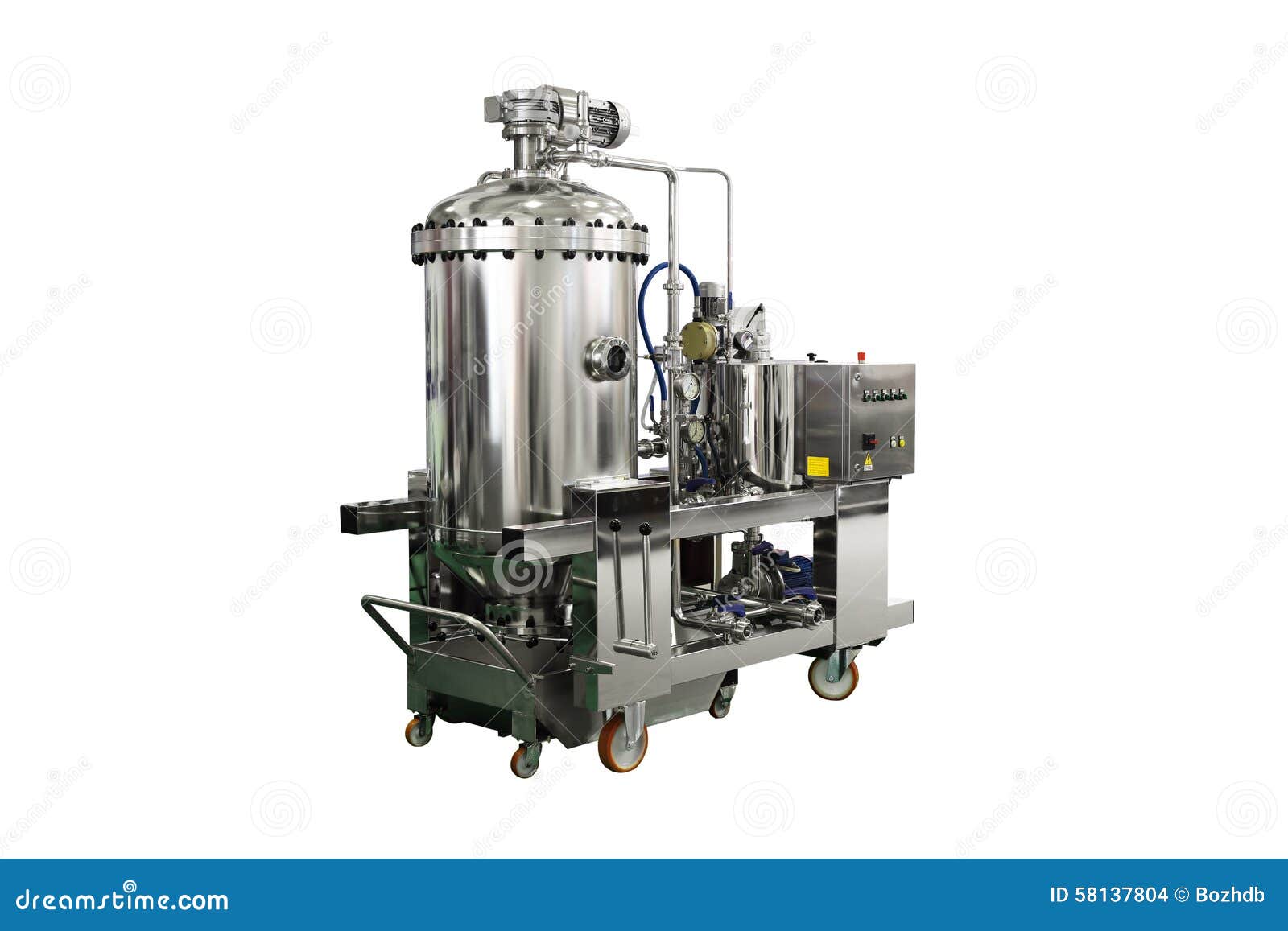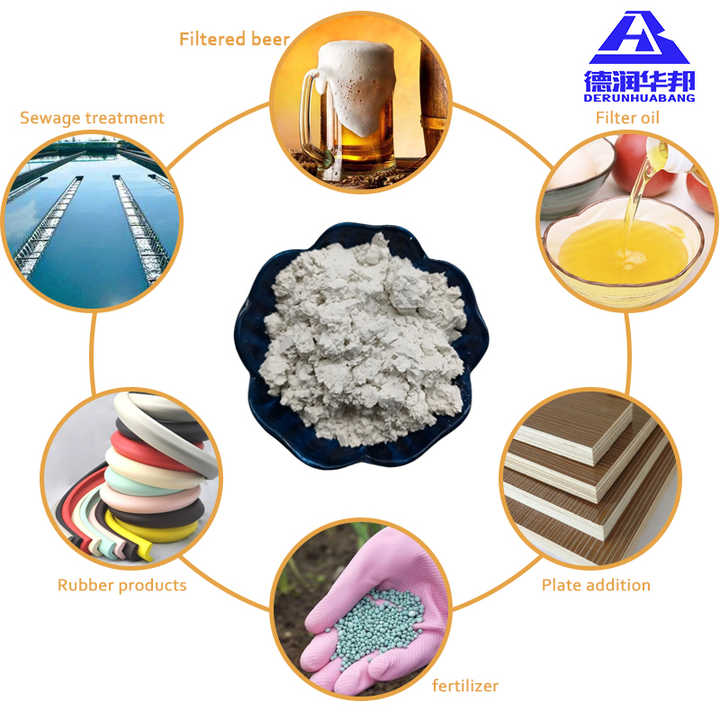Diatomaceous Planet Filtering: A Natural Option for Superior Water Filtration

Diatomaceous Planet (DE) filtering system has emerged as a compelling technique for improving water purification, using the unique residential properties of fossilized diatoms. As problems over water top quality intensify, comprehending the benefits and functional applications of DE filtering becomes significantly appropriate.

What Is Diatomaceous Planet?
Diatomaceous earth (DE) is a normally occurring, soft, sedimentary rock that is composed mainly of the fossilized remains of tiny marine organisms recognized as diatoms. These single-celled algae possess a special, silica-based cell wall surface that contributes to the distinct properties of DE. The rock is porous and normally light, enabling it to soak up numerous compounds efficiently.

Because of its high porosity and absorbent capacity, DE offers various applications, including its usage in farming, parasite control, and, significantly, water filtration. The effectiveness of diatomaceous earth in filtering system is attributed to its capacity to trap and get rid of impurities from water, making it a progressively prominent choice amongst those looking for all-natural filtering options. Its environment-friendly nature and adaptability further enhance its charm across numerous industries.
How Diatomaceous Planet Filtering Works
The unique structure of diatomaceous planet (DE) enables it to work as an effective filtration tool in water purification systems (diatomaceous earth filtering). Made up of the fossilized remains of little, water microorganisms referred to as diatoms, DE has a very absorbent and permeable nature. This intricate framework enables DE to trap impurities and pollutants as water flows through it, properly removing fragments as small as 1 micron
When water is gone through a DE filter, the fluid runs into a network of microscopic pores that capture put on hold solids, bacteria, and various other unwanted products. The filtration process occurs as a result of both electrostatic and mechanical interactions, where bigger particles are physically trapped within the DE's matrix, while smaller sized particles might follow the surface area because of charged communications.
Additionally, DE can be utilized combined with various other filtering methods to enhance total efficiency. As water remains to move through the DE layer, it progressively comes to be clearer and cleaner, showcasing the tool's capacity to improve water top quality without the need for harsh chemicals. This natural purification procedure highlights diatomaceous planet's function as a sustainable and efficient remedy for water purification.
Advantages of Diatomaceous Planet Filtering
Performance in water filtration is considerably improved via making use of diatomaceous earth (DE) filtering, offering various benefits that make it a preferred option for lots of applications. Among the main benefits of DE filtering system is its capacity click here for more info to get rid of a large range of pollutants, including microscopic microorganisms, debris, and also specific chemicals. This ability guarantees that the water cleansed through this technique is not just clean yet also risk-free for usage.
Furthermore, DE filters have a high circulation price, which permits quicker filtration contrasted to typical approaches. This particular is especially advantageous for large operations such as municipal water therapy plants or swimming pools. Using DE additionally decreases the requirement for severe chemical ingredients, advertising a more eco-friendly technique to water filtration.
Additionally, DE filtering system systems are reasonably simple to maintain, needing less constant substitute than other filtering media. The natural origin of diatomaceous earth adds to its sustainability, making it an eco-conscious choice. In general, the mix of efficiency, effectiveness, and environmental advantages placements diatomaceous earth filtering as a leading remedy in the world of water purification.
Comparison With Typical Water Filters
When examining water filtration methods, diatomaceous earth filtering stands out in comparison to typical water filters. Conventional water filters, such as triggered carbon or ceramic filters, largely concentrate on getting rid of pollutants via adsorption or physical barriers. While these approaches are effective for certain contaminations, they might not capture smaller particles, microorganisms, or infections as successfully as diatomaceous planet (DE) filters.
Diatomaceous planet filtering system utilizes the unique framework of diatomite, made up of tiny, permeable fossilized algae. This allows DE filters to trap bits as little as 1 micron, supplying superior filtration abilities. In addition, DE filters can take care of larger quantities of water without significant stress loss, making them ideal for both residential and commercial applications.
Additionally, diatomaceous planet is a natural and sustainable product, posturing fewer ecological problems compared to some artificial filter media. In comparison, standard filters often need regular substitute and disposal, resulting in increased waste.
Applications and Utilize Situations
Diatomaceous earth (DE) filtering system has a varied range of applications across various markets as a result of its reliable purification abilities. Among one of the most noticeable uses DE remains in the food and drink market, where it serves as a filtration tool for beer, red wine, and juice production. Its porous structure efficiently eliminates impurities, ensuring a clear and palatable end product.
In the realm of swimming pool maintenance, DE filters are preferred for their capability to trap penalty particles, providing superior water clearness contrasted to typical sand filters. Additionally, DE is used in metropolitan water therapy facilities, where it aids in the removal of suspended solids, germs, you can try this out and other impurities, adding to secure drinking water.
Beyond water filtration, diatomaceous planet finds applications in the farming field as a natural chemical and dirt modification, promoting much healthier plants while lowering chemical use. Its absorbing homes make it valuable in different industrial processes, including oil spill clean-ups and as a filler in building and construction materials. In general, the adaptability of diatomaceous planet filtering system placements it as an important service for improving water top quality throughout several domain names.
Final Thought
Diatomaceous planet filtering stands for a effective and sustainable approach for water purification. As recognition of water quality issues grows, the fostering of diatomaceous earth filters in numerous applications is likely to raise, adding to enhanced public wellness and environmental conservation.
Diatomaceous Planet (DE) filtering has actually emerged as an engaging method for boosting water purification, making use of the special homes of fossilized diatoms. As water continues to move through the DE layer, it slowly ends up being clearer and cleaner, showcasing the tool's get more capability to boost water high quality without the requirement for extreme chemicals.Efficiency in water purification is significantly improved through the usage of diatomaceous earth (DE) filtering system, offering numerous advantages that make it a recommended choice for lots of applications.When reviewing water filtration methods, diatomaceous earth filtering system stands out in comparison to standard water filters. Traditional water filters, such as activated carbon or ceramic filters, largely focus on eliminating impurities via adsorption or physical obstacles.